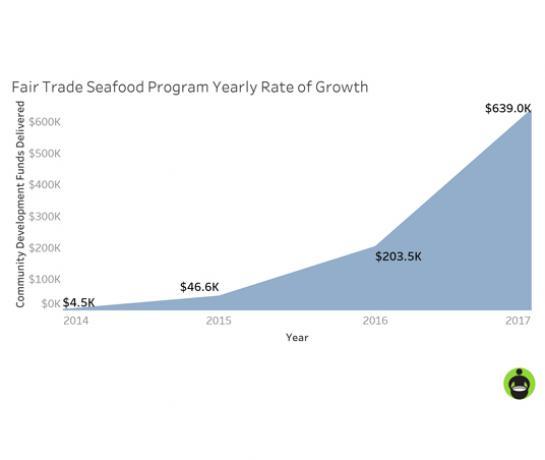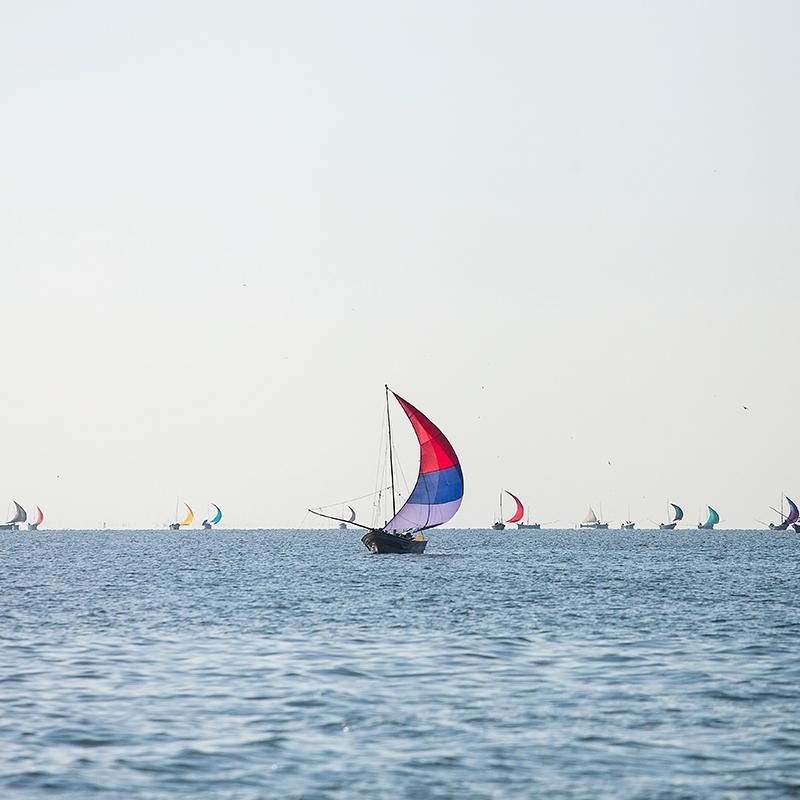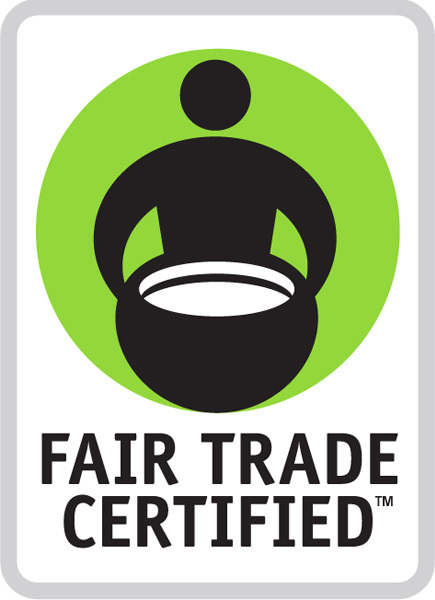Fair Trade Seafood at Work: Cleaning up Mexico’s Altata Bay
Fair Trade Seafood at Work: Cleaning up Mexico’s Altata Bay
Altata Bay is home to four Fair Trade, small-scale shrimp harvesting cooperatives. Fishermen who comprise these cooperatives voted as a group to put part of their Community Development Funds toward multiple bay clean-ups, including underwater clean-up by local certified divers and shoreline clean-up with help from the entire community and local schools.
To the fishermen that live on Altata Bay, it’s only natural to defend the ecological balance that has sustained their families for generations. Part of sharing the bay with a diversity of wildlife including shrimp, red snapper, crabs, and beds of clams also means using environmentally-responsible fishing practices. Their boats, called pangas, drift through the bay, their brightly-colored sails catching wind, resulting in very low fuel consumption and therefore a greatly reduced environmental impact. They use special, highly-selective nets called a suripera to catch the shrimp to avoid bycatching.
While many fishermen on Altata Bay have been fishing as long as they can remember, they have witnessed a radical transformation to their way of life brought on by industrial fishing, which is now found to occupy 55 percent of ocean surface. Massive fishing vessels that don’t share the same respect for their waters and fragile ecosystems pose a threat to livelihoods and communities.
Fair Trade certification empowers small-scale fishermen by rewarding honest, generations-old fishing practices while also funding safety equipment and educational supplies to help adapt to competitive, sustainable practices.
At the end of the day, families wait on the docks for fishermen to return home with their catch. The docks gradually crowd with fishermen discussing their fishing spots, where they found success, where they didn’t. By comparing findings, they’ll know where to go tomorrow. This sense of communality is simply the way of life on the Bay.
Today, over 6,000 fishermen and seafood workers are directly benefiting from Fair Trade certification.
“Fair trade envisions a future where shoppers have access to a wide variety of Fair Trade Certified seafood products from both wild and farmed sources,” says Julie Kuchepatov, Seafood Director at Fair Trade USA. “We envision a future where seafood producers have easy access to the Fair Trade platform and, by adhering to the Fair Trade standard, will reap the benefits of the Community Development Fund, simultaneously benefiting themselves and their communities.”




